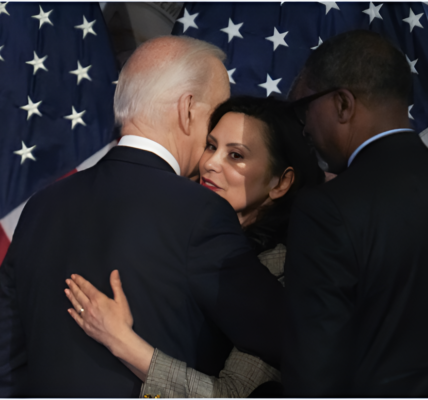
House Republicans are in disarray. A rushed government funding package has sparked intraparty conflict, frustration with Speaker Mike Johnson is boiling over, and Democrats are claiming victory. Even President-elect Donald Trump is shifting blame toward Joe Biden for the chaos.
At the heart of it all? Elon Musk.
Just as Congress appeared poised for a quiet holiday recess, Musk upended negotiations with an onslaught of over 150 posts on X (formerly Twitter). His relentless advocacy pushed House Republicans to abandon a bipartisan deal and start from scratch.
For Washington, this was a wake-up call—a stark reminder of the disruptive influence of the world’s richest man. For Musk, it was business as usual.
The billionaire, recently tapped by Trump to co-chair the so-called “Department of Government Efficiency” (DOGE), epitomizes Silicon Valley’s disruptive ethos of “move fast and break things.” But while that mantra fueled Musk’s successes at SpaceX, Tesla, and even his controversial acquisition of X, it’s now clashing with the deliberate, bureaucratic culture of Washington.
So far, the results have been mixed. Musk’s actions have alienated some Republicans, reshaped legislative debates, and secured a deal he claims is more efficient. But they’ve also exposed the fundamental differences between tech-world disruption and government’s painstaking pace.
The Gospel of Disruption
“Elon Musk is the heir to a long tradition in Silicon Valley of making war on bureaucracy,” says Charles Petersen, historian at Stanford’s Silicon Valley Archives. “In the business world, disruption is the philosophy—it’s better to break something than reform it.”
Musk embodies this ideology. From early failures at SpaceX to Tesla’s recurring recalls, he’s comfortable taking massive risks. “If things are not failing, you’re not innovating enough,” Musk famously said.
For SpaceX, failure often meant fiery rocket explosions. For Tesla, it meant design flaws and frequent recalls—though Musk leveraged technology like over-the-air updates to address issues quickly. In the tech world, the payoff from these risks has been staggering: SpaceX revolutionized space travel, Tesla dominates the EV market, and Musk’s personal fortune has soared.
But governance is a different beast. While a failed rocket test can lead to innovation, a failed policy can disrupt millions of lives. Washington isn’t a startup—it’s a system, one with lives and livelihoods on the line.
Musk’s Washington Gamble
Musk’s approach to government echoes his corporate style: bold, top-down, and risk-heavy. His stance on the recent spending bill illustrates this. He lambasted the bipartisan package as wasteful and positioned himself as a champion of fiscal efficiency, advocating for a teardown of existing systems to cut costs.
However, governing by disruption has already created friction. When X’s CEO Linda Yaccarino backed a version of the Kids Online Safety Act, Musk publicly supported it, urging lawmakers to prioritize children’s safety. But Speaker Mike Johnson rejected the proposal, citing concerns about censorship—a stark reminder that Washington’s political dynamics often supersede technocratic logic.
Unlike his companies, where Musk rules unilaterally, Washington requires consensus. The federal government isn’t a private venture; it’s a sprawling entity powered by checks and balances. Convincing lawmakers to align with Musk’s vision of creative destruction will be a monumental challenge.
When Risk Meets Reality
Musk’s tolerance for risk has served him well in business but could backfire in politics. His dismissal of regulatory concerns in industries like finance (PayPal), transportation (Tesla), and aerospace (SpaceX) has fueled innovation—but not without controversy. Tesla has faced scrutiny over worker safety, and SpaceX has dealt with reports of rising injuries amid Musk’s relentless push for faster results.
Now, as Musk navigates Washington, he faces a new calculus. The stakes aren’t just financial—they’re human. Failures in governance could result in millions losing access to essential services, eroding public trust in government institutions.
Even as Musk positions himself as a reformer, critics argue his approach risks dismantling systems without viable alternatives. “[Musk] has goals—there are things he wants the government to do,” Petersen says. “You can’t achieve those goals if you burn it all down.”
A Different Kind of Risk
Musk once gave both Tesla and SpaceX a 10% chance of success. By defying those odds, he became a tech titan. But his gamble in Washington is a different kind of bet.
In the business world, failure is a stepping stone to success. In government, it’s a headline, a scandal, a human cost. Musk may excel at breaking things—but in Washington, he’ll need to master the art of building, too.





